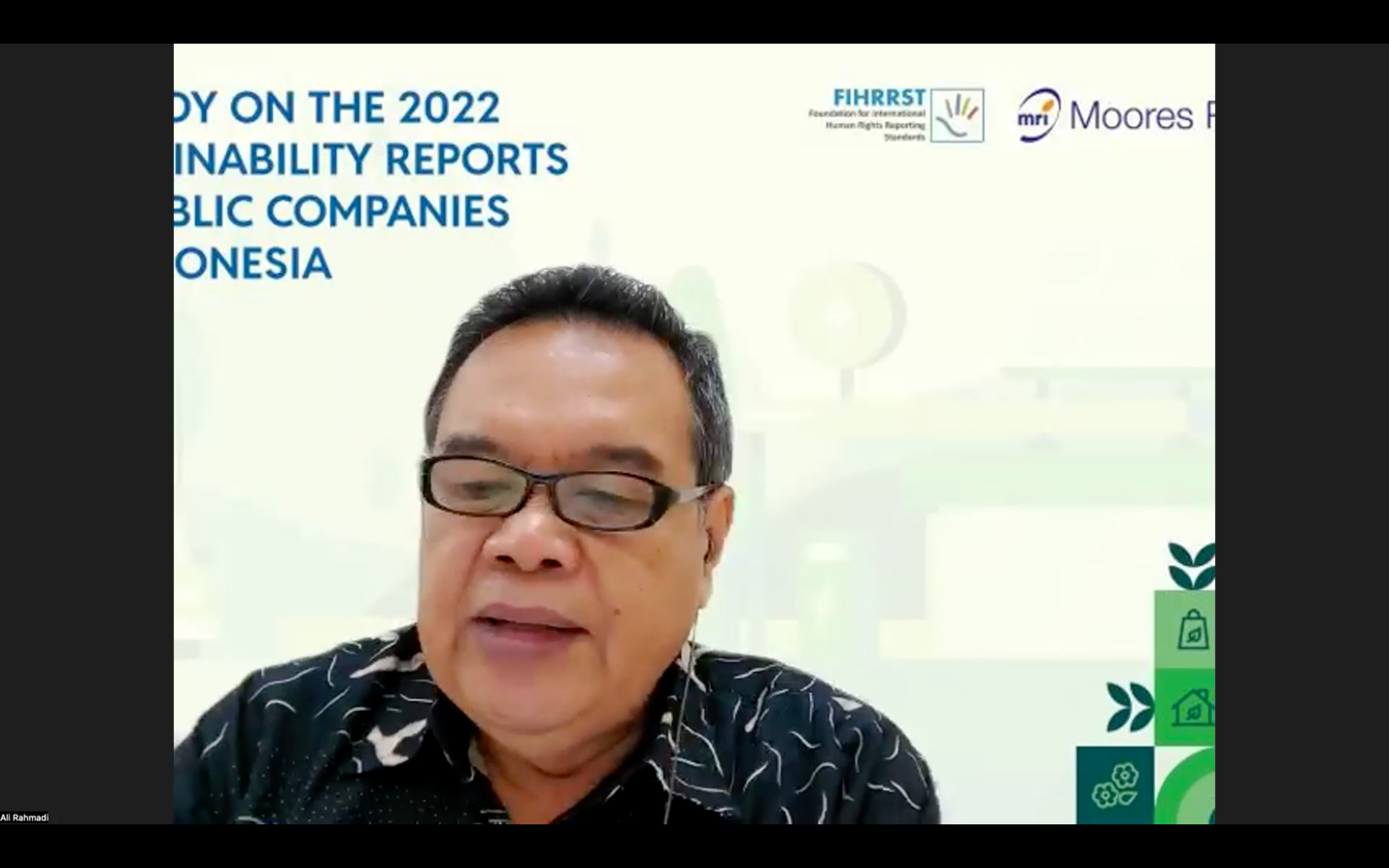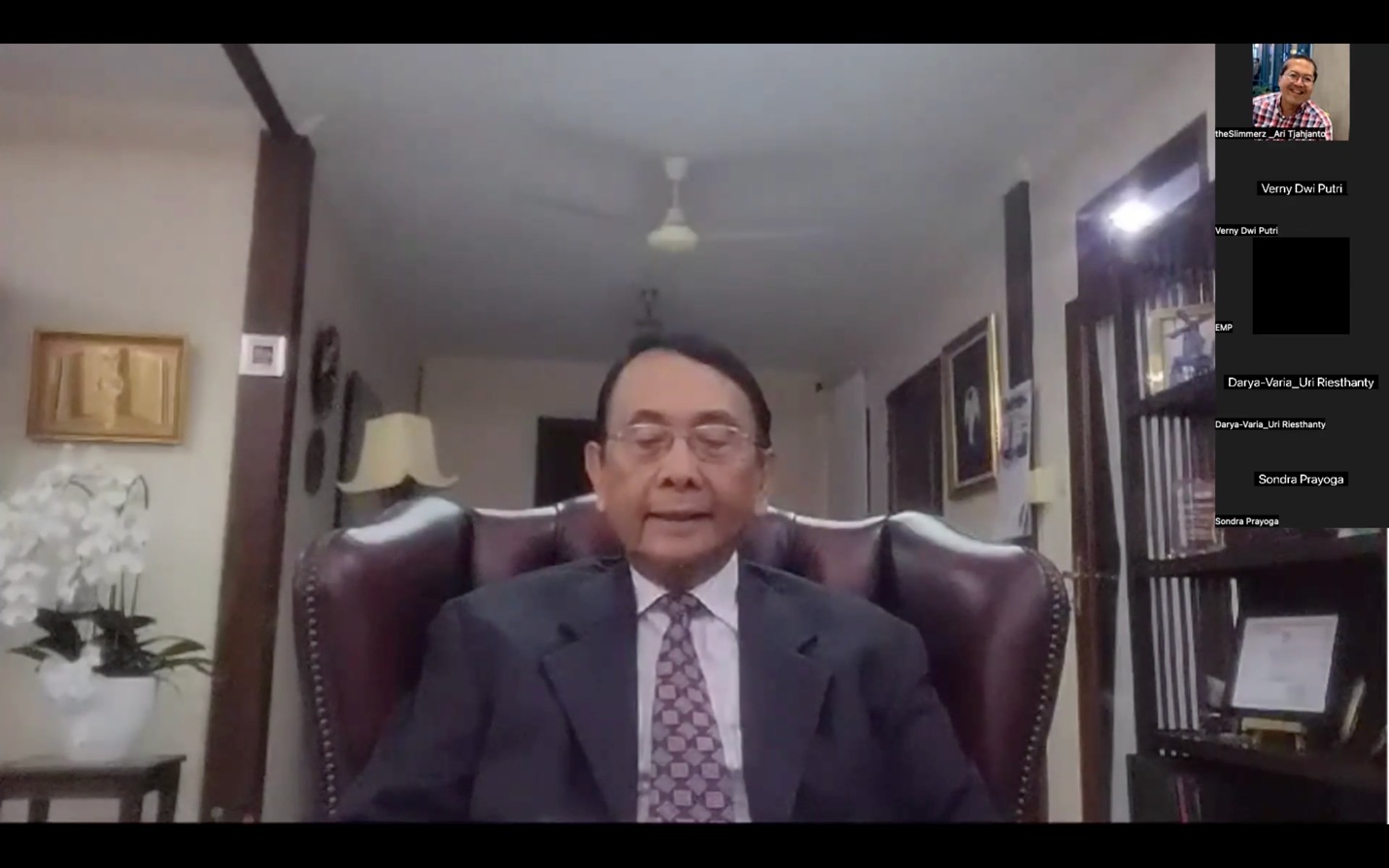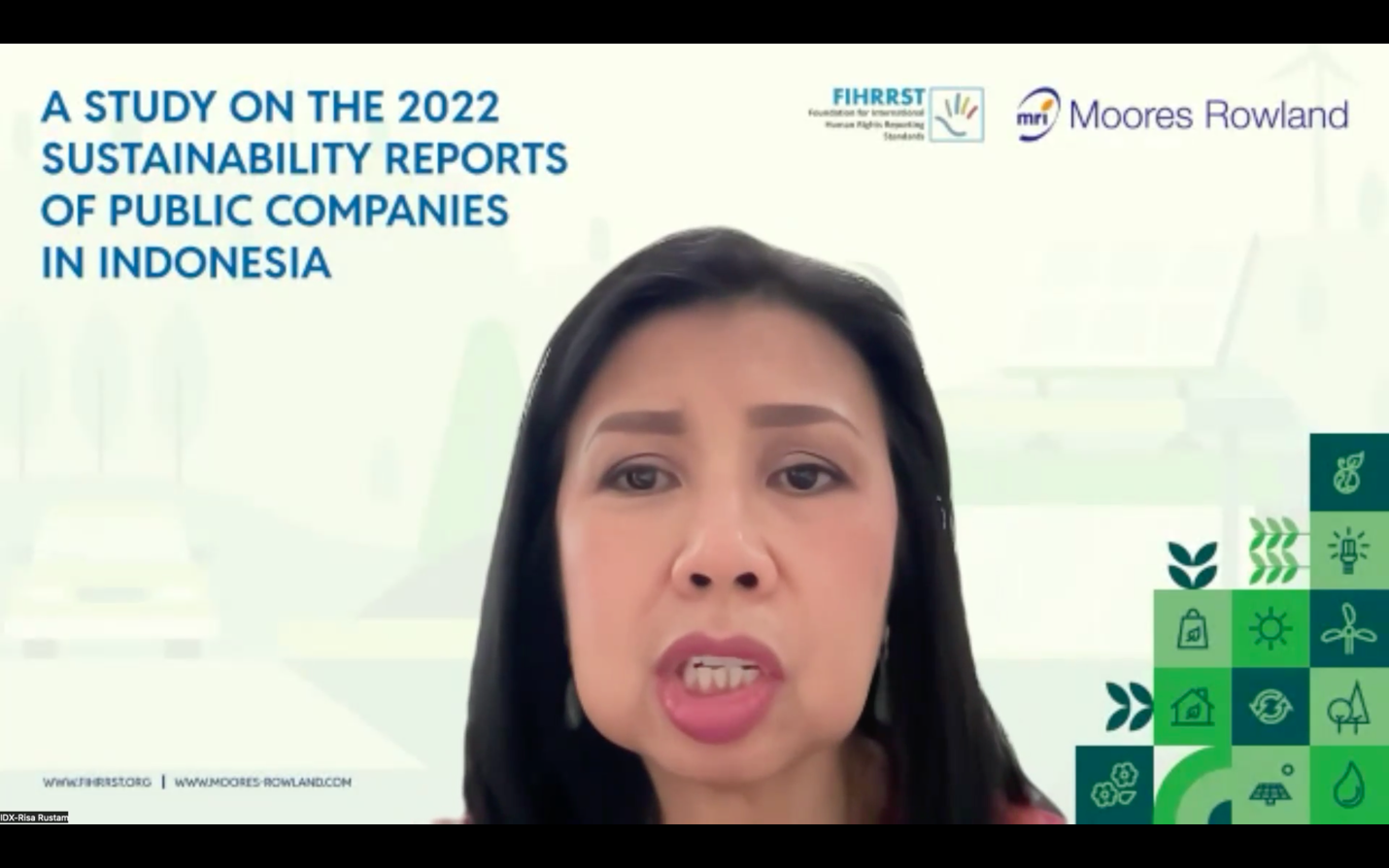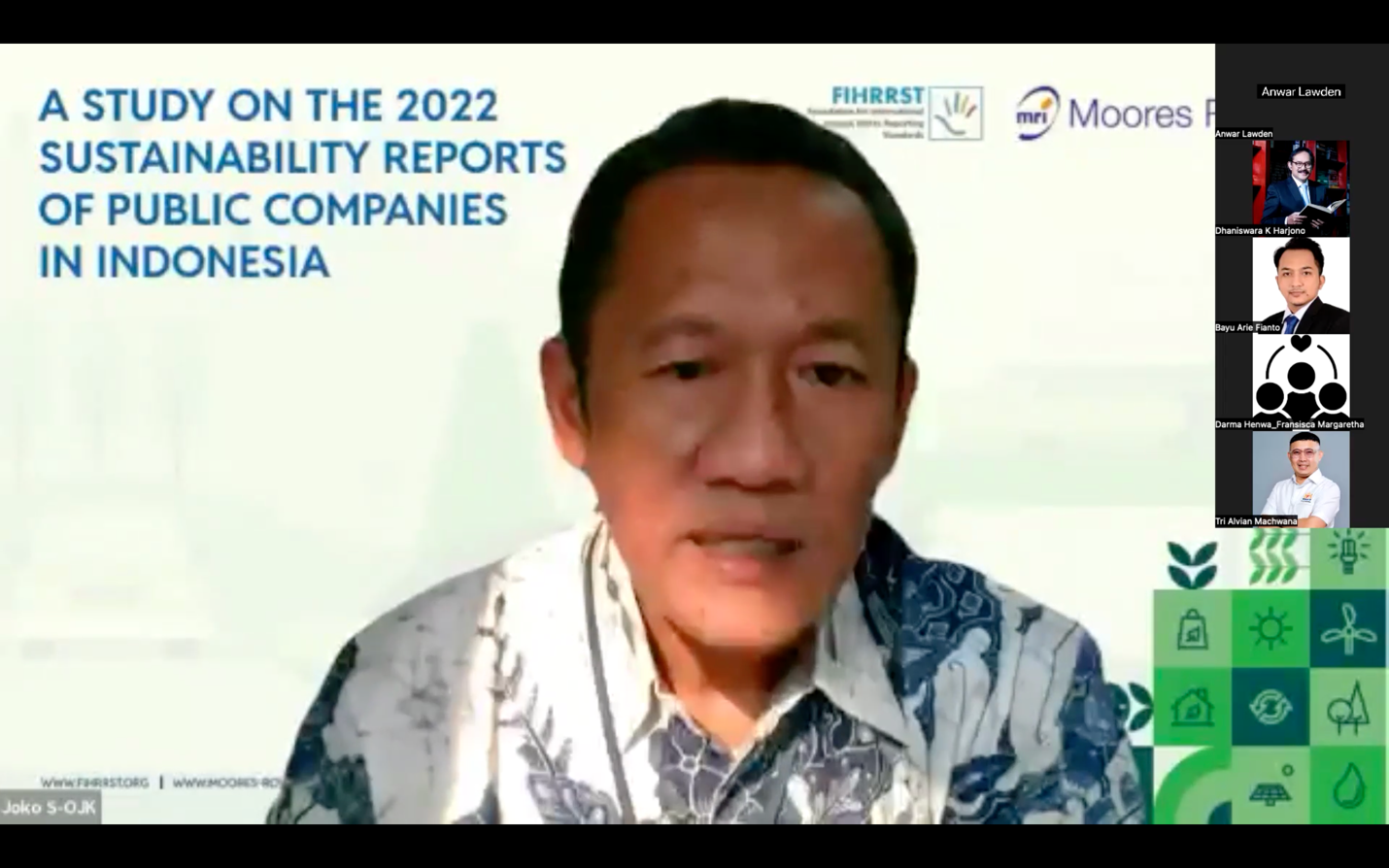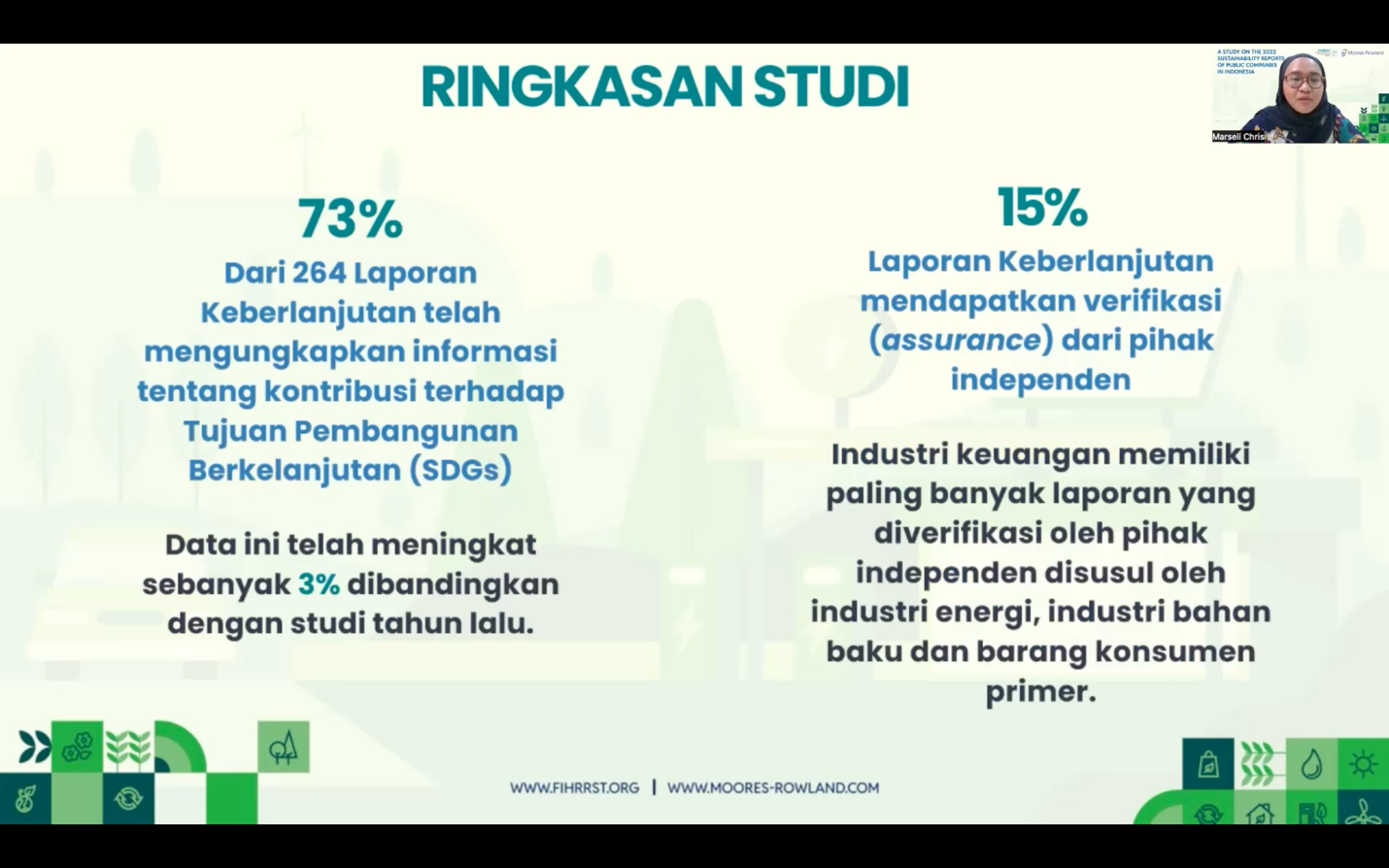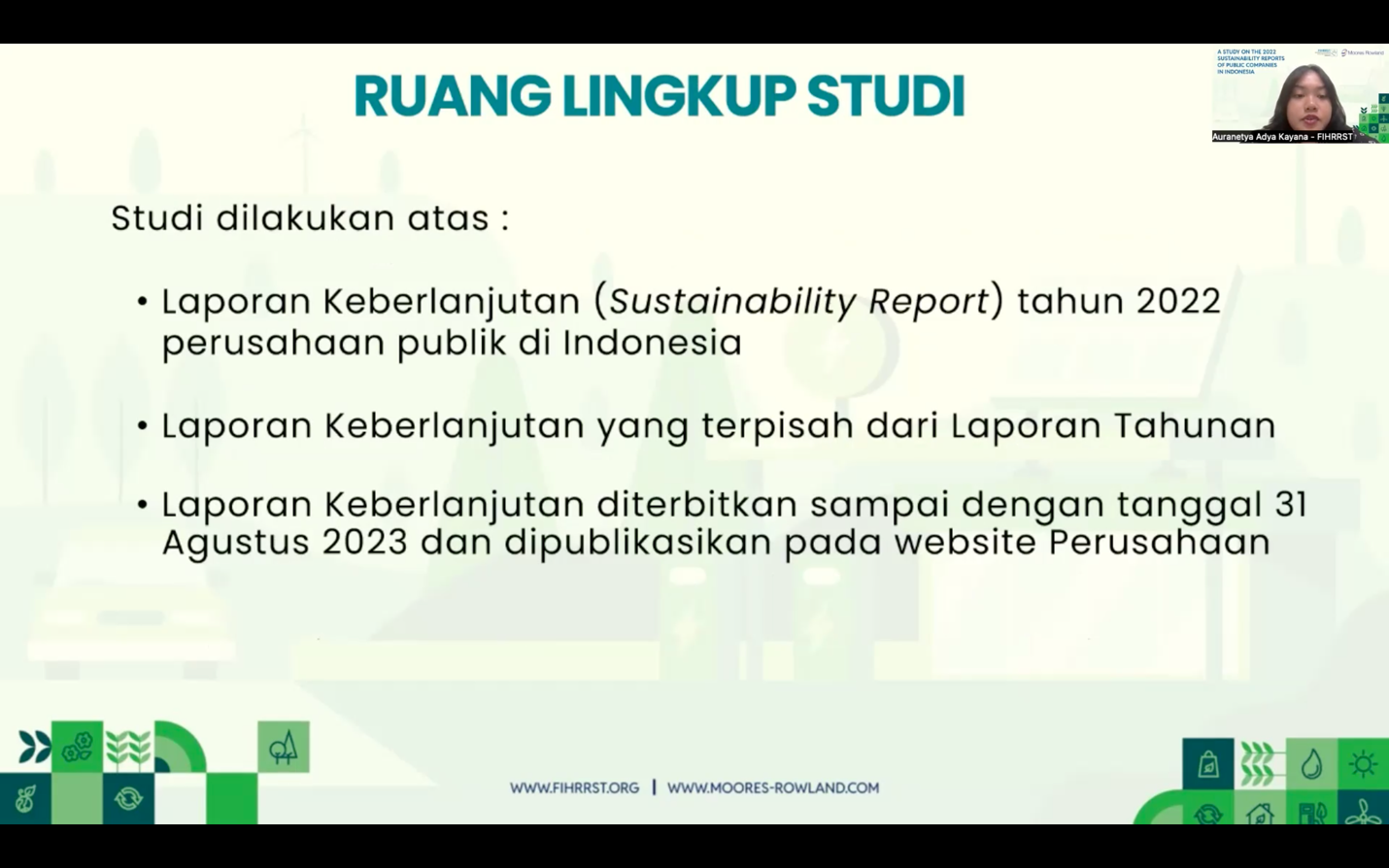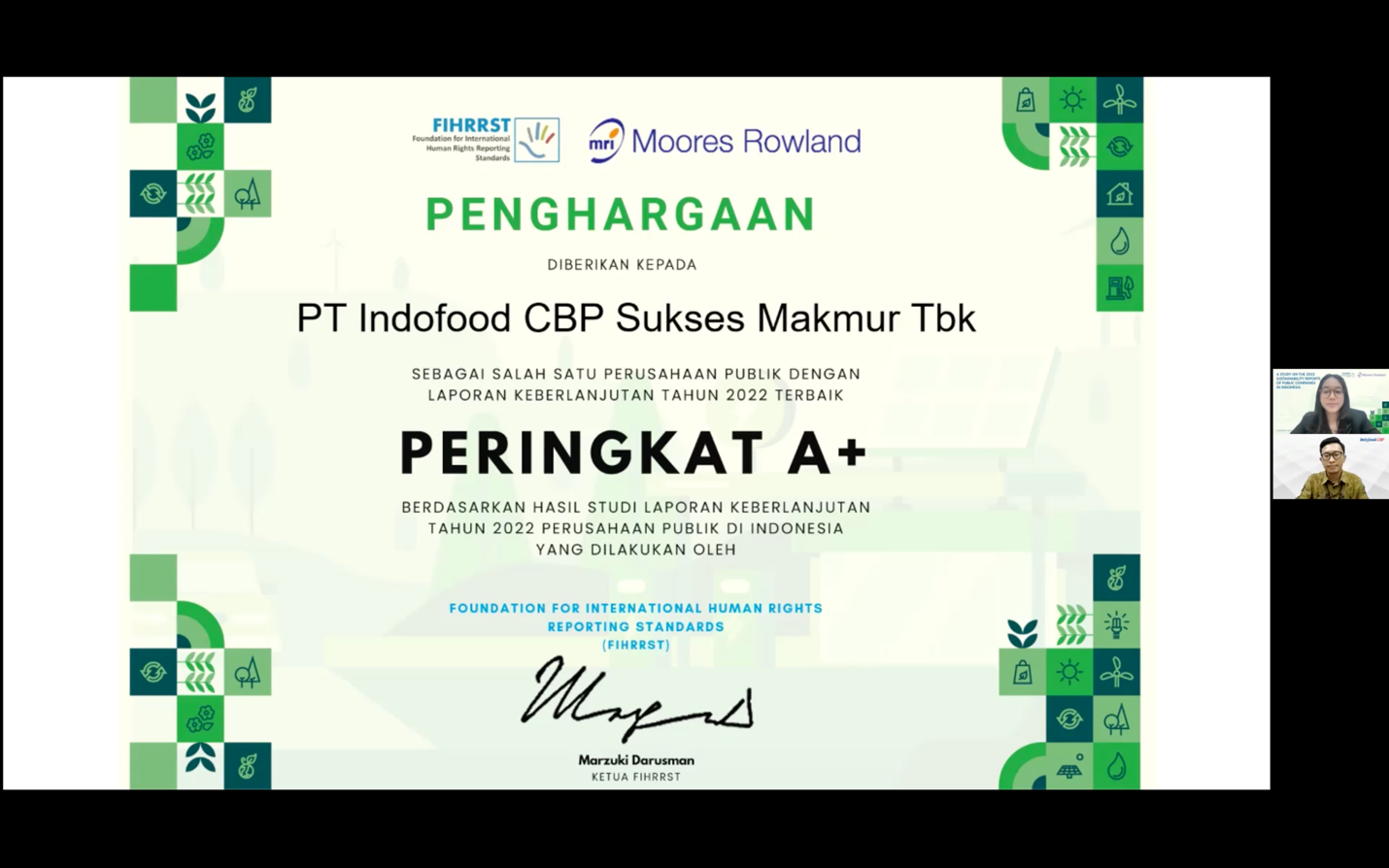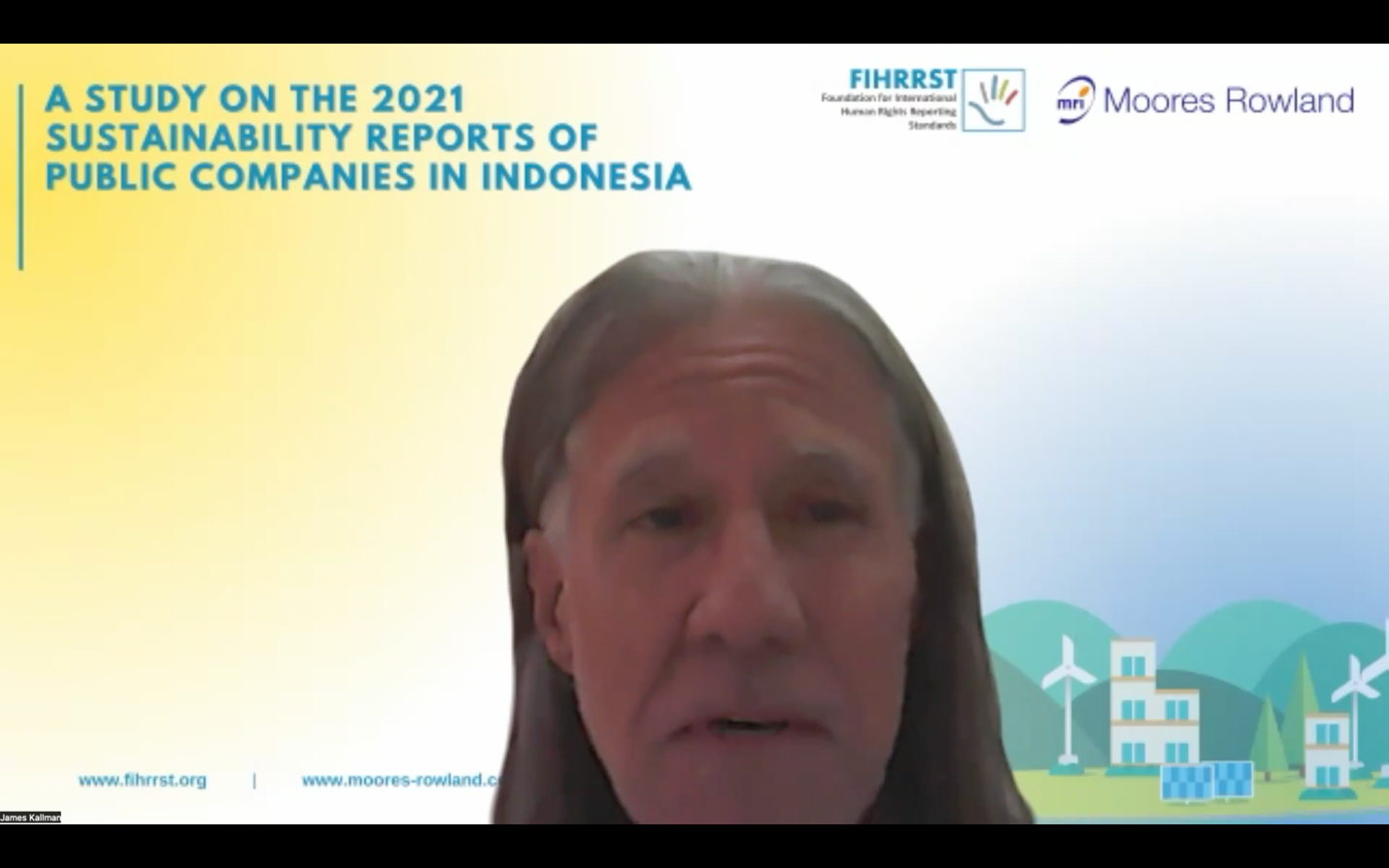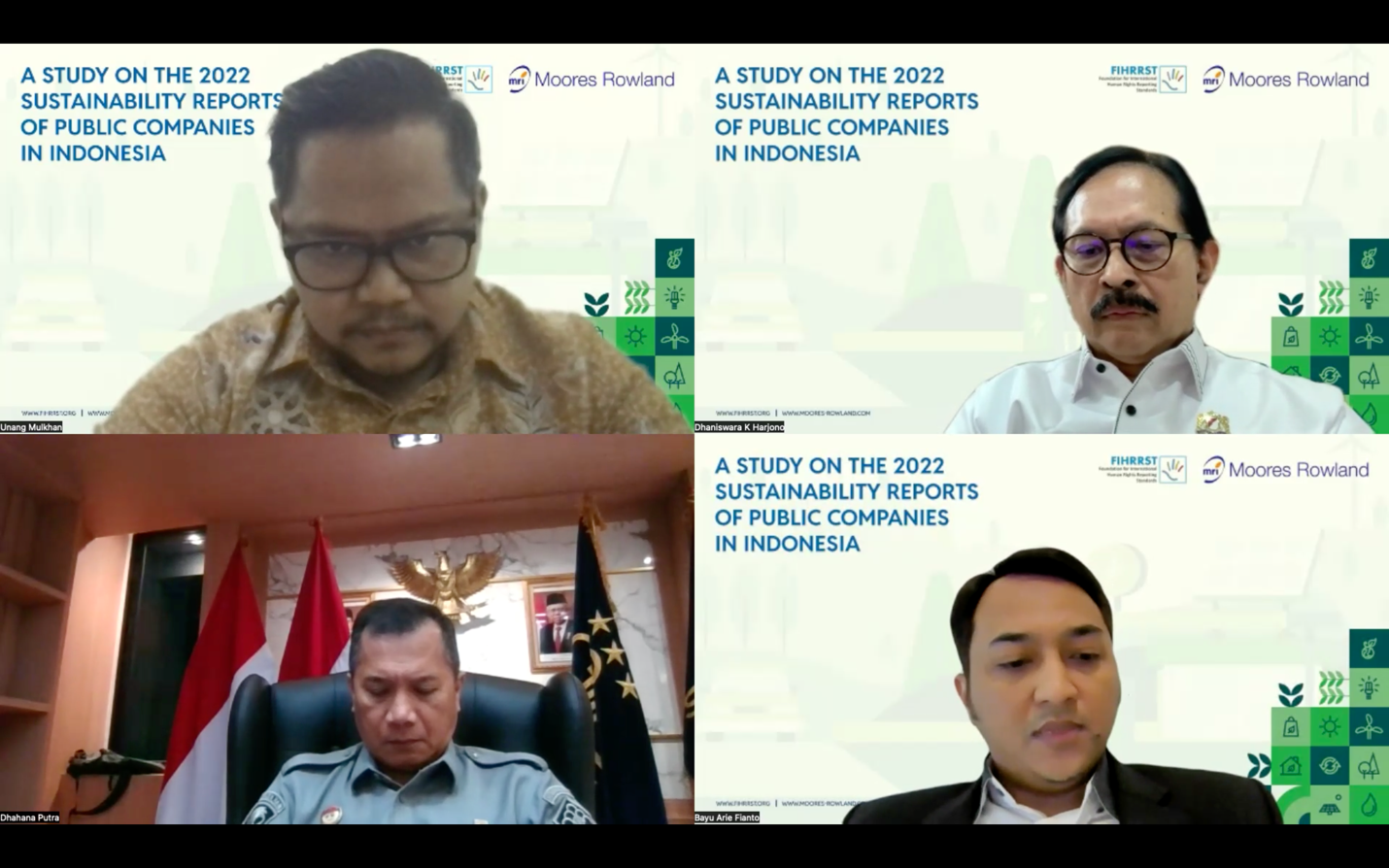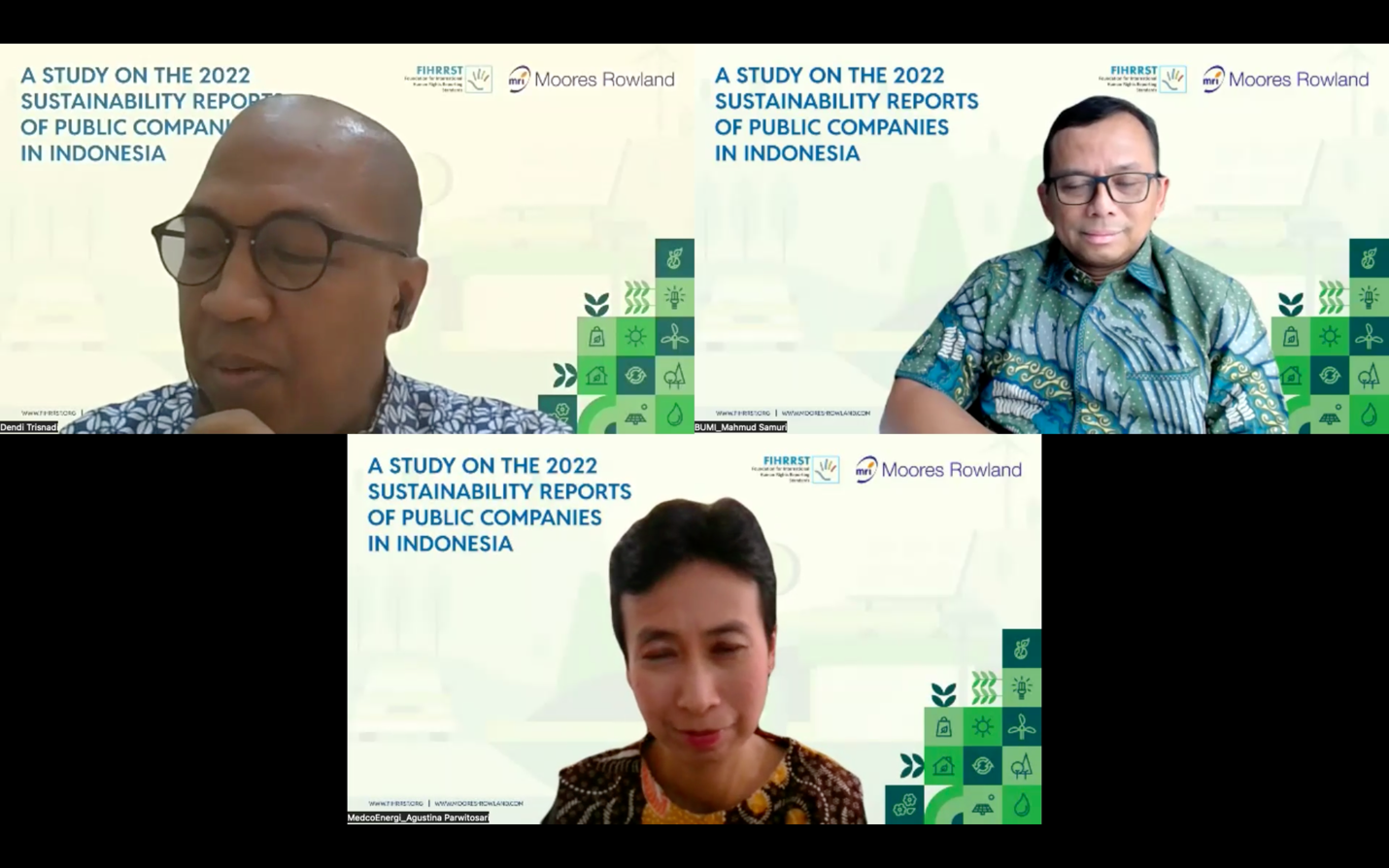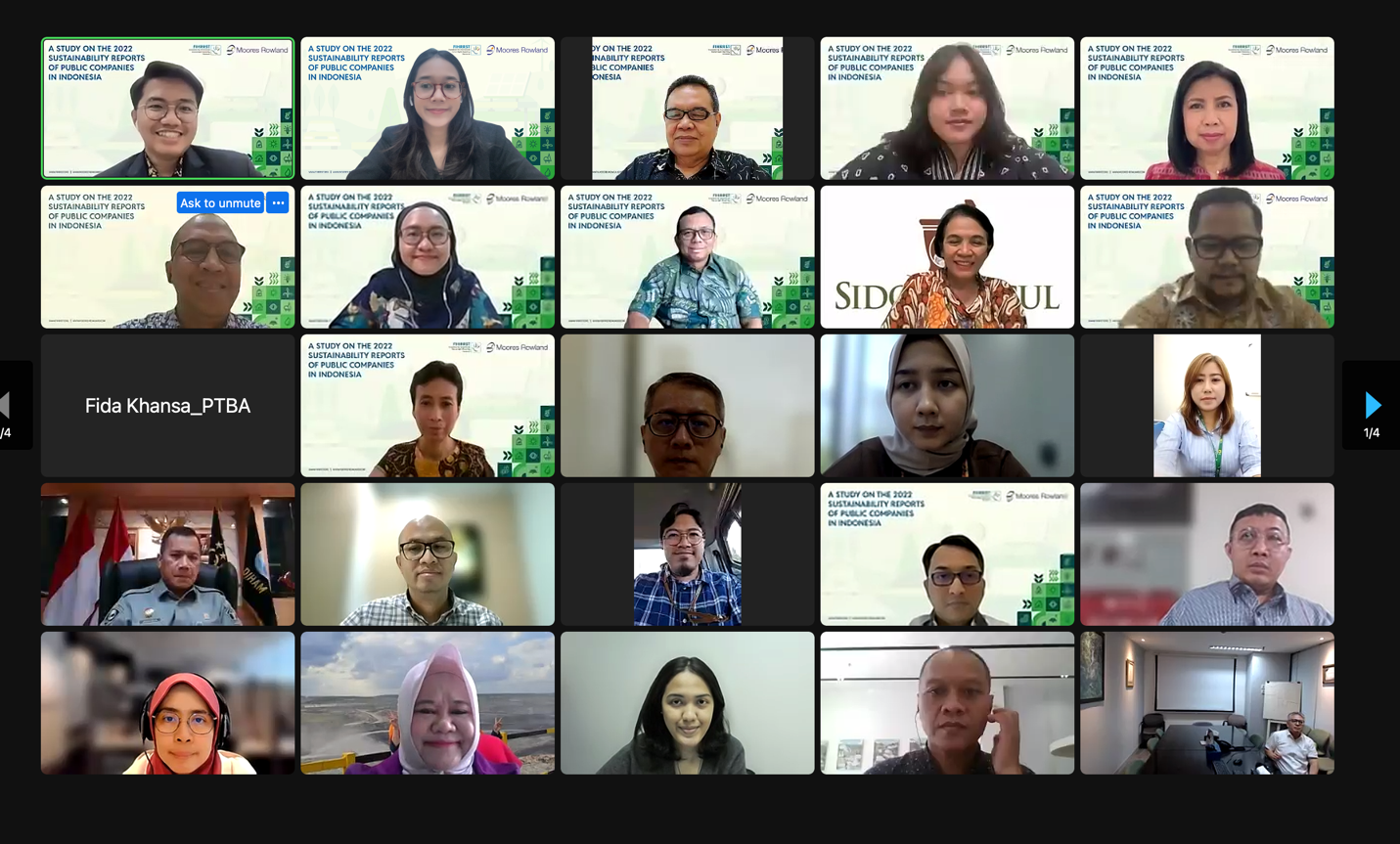Moores Rowland Indonesia is a pioneer in the development of human rights audit methodology. Working across government and business sectors, we recognize the uniqueness of each client to ensure alignment with both domestic and internationally recognized human rights standards.
Our human rights experts assist companies in developing and strengthening their human rights management systems, including policy formation and grievance mechanisms. Through gap assessments, we identify and recommend policies and procedures that support compliance and drive continuous improvement. This includes evaluating a company's governance structure and identifying areas for enhancement as they relate to the protection and promotion of human rights.
To remain responsive to each client’s specific needs, Moores Rowland Indonesia conducts human rights impact assessments, supports the development of policies and procedures, and trains stakeholders on core human rights principles—including anti-corruption, free prior and informed consent, and the prevention of forced labor. We also assist in drafting and assuring human rights reports.
Our comprehensive human rights services are designed to support organizations at every stage of their journey. These include:
- Human Rights Report Verification (Assurance)
- Human Rights Policy Development
- Human Rights Governance Development
- Human Rights Due Diligence
- Human Rights Impact Assessment (HRIA)
- Grievance Mechanism System Development
- Training
- Stakeholder Engagement
- Reporting
WHAT BUSINESS AND HUMAN RIGHTS MEANS
Business is able to create jobs and welfare, provide products and services, support community development and become a source of tax income of a country, which in turn can be used for the people’s welfare.
Without commitment towards human rights, however, business activity can have negative effects, for instance when employees are paid below the minimum wage, or community land is forcibly taken over for business activities.
In June 2011, the United Nations Human Rights Council unanimously endorsed the United Nations Guiding Principles on Business and Human Rights (UNGP). These Guiding Principles provide guidance for the Country in the implementation of the State duty to protect human rights and guidance for the Company in the implementation of the corporate responsibility to respect human rights as well as guidance to remediate the human rights violations resulting from the Company's business activities.
As a follow up to the UN Guiding Principles on Business and Human Rights, which stipulate that the states must protect against human rights abuse within their territory and/or jurisdiction by third parties including business enterprises, the Government of Indonesia has publicized the following:
1. Minister of Marine Affairs and Fisheries Regulation No.35/PERMEN-KP/2015 on System and Certification of Human Rights in the Fisheries Industries issued on 8 December 2015 and Ministerial Regulation No.2/PERMEN-KP/2017 on Requirements and Mechanism of Human Rights Certification in the Fisheries Industries signed issued on 19 January 2017.
These regulations require fisheries companies to implement a system to respect human rights and have their systems certified. Fisheries companies shall have the certificate on their human rights system or otherwise their operation licence could be suspended or revoked.
2. Indonesia National Action Plan on Business and Human Rights that was issued by the National Commission on Human Rights (Komnas HAM) on 16 June 2017.
This National Action Plan, among others, suggests that companies regularly carry out human rights due diligence that includes identification, prevention and mitigation of human rights impacts and remediation of human rights harms related to company activity.
MOORES ROWLAND’S HUMAN RIGHTS JOURNEY
In September 2010, a team from Moores Rowland Indonesia (then trading under the name of Mazars Indonesia), consisting of staff members from Legal, Audit, Internal Control and Marketing departments, set out several indicators in Human Rights and Social Compliance for Business in Indonesia.
These indicators were based on the Best Practice in Human Rights set out in The Human Rights Compliance Assessment (hereafter “HRCA”), which was developed by the Danish Institute for Human Rights in consultation with companies and human rights organizations. The HRCA was based on the Universal Declaration of Human Rights (UDHR), the Organisation for Economic Co-operation and Development (OECD) Guidelines for Multi-National Enterprises, and about 80 human rights and International Labor Organization (ILO) conventions and declarations.
Moores Rowland believed that it would be able to assist the various sectoral companies, both on a national and multinational scale to conduct a Human Rights Impact Assessment and develop a human rights system within their business.
On 8 March 2012, Moores Rowland Indonesia (then trading under the name of Mazars Indonesia) received the inaugural IAB “Audit Innovation of the Year” award for its Human Rights Audit Practice. In its human rights audit, Moores Rowland Indonesia used the MIHRSC indicators it had developed that covered forced labour, child labour and young workers, conditions of employment and work, non-discrimination, freedom of association, workplace health and safety, community and environment impact and supply chain management. In making the award, the judges suggested that these indicators could set a benchmark for global best practice.
To help obtain the extensive international input necessary to further develop these indicators, Moores Rowland then joined with the non-profit business and human rights centre, Shift, to found the Reporting and Assurance Framework Initiative (RAFI). It was later to withdraw its participation due to fears of possible conflict of interest due to the Moores Rowland certification business.
In order to divorce itself from such fears, Moores Rowland has since ceased its involvement in the development of standards to concentrate on consultation and training activities. Meanwhile, development of standards is now carried out by FIHRRST, an international non-profit founded by the prime instigators of the initial indicators together with other human rights luminaries, to respect, protect and fulfil human rights. FIHRRST is the holder of the updated standard, the Business and Human Rights International Standard for Certification (BHRISC 2011).


